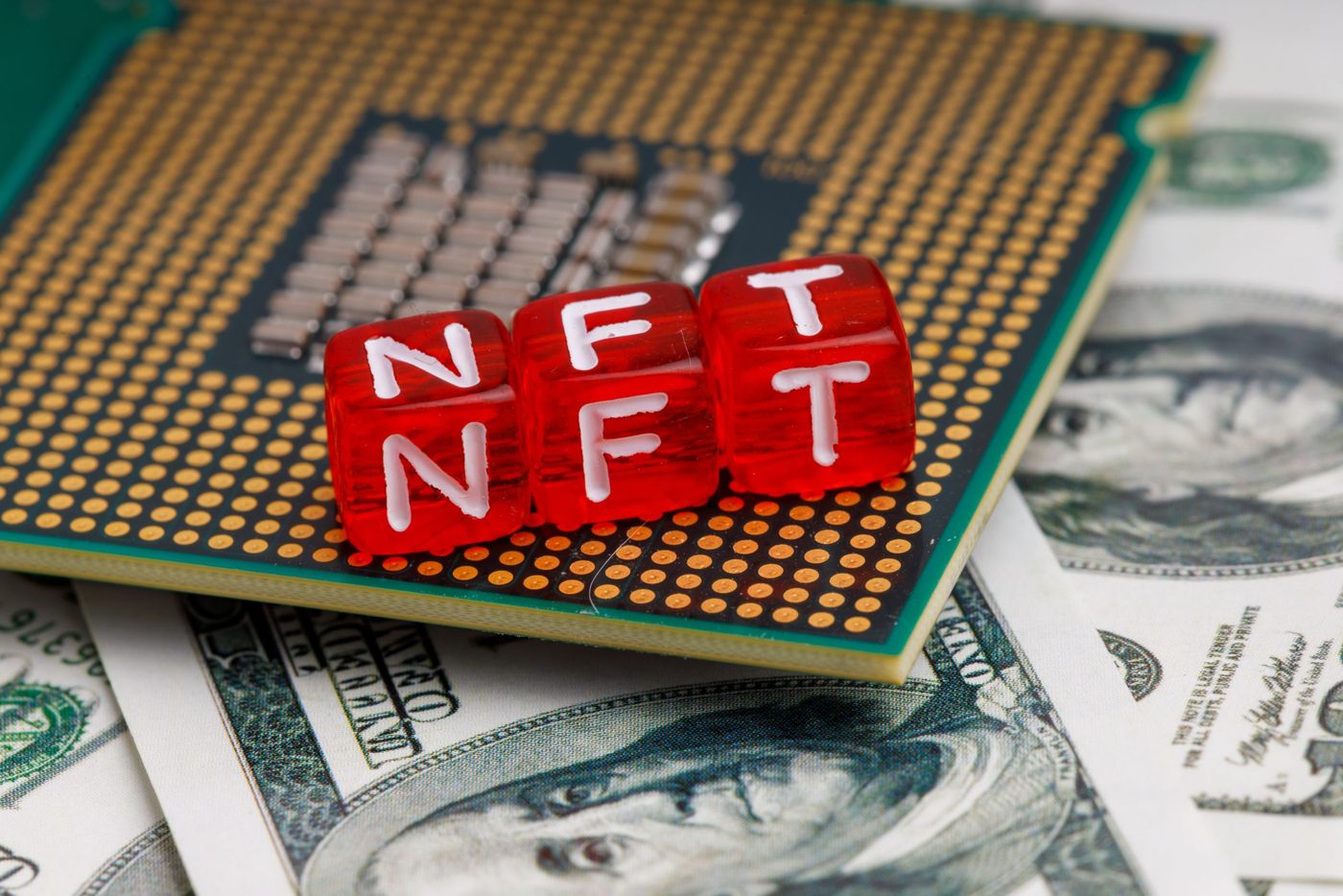此篇為文化商業|二級市場凝滯、分潤機制失效:NFT 是否會辜負「創作有價」的遠程期待?的英文版,感謝 AI 機器人 DeepL 與我一起潤稿。

As an NFT issuer focused on creator success and monetisation, I am always most concerned about the interests of creators - that is, whether the NFT project truly serves the vision of rewarding creators' work. However, after reading the 2023 annual reports of both The Business of Fashion & Coinbase, several facts have raised my concerns:
(1) The first challenge is the prevalence of wash trading, an act of price manipulation aimed at attracting new investors by creating a false sense of high demand.
(2) The second challenge is that most NFT projects are positioned as a one-off campaign, rather than being seen as an overhaul or breakthrough of an existing business model.
Even though there are big names such as Prada Group and adidas that started to develop a new concept of Customer Relationship Management by engaging with the NFT community and inviting them to co-create products, the implementation of NFT in mature industries like luxury and fashion is still quite nascent. (The Business of Fashion, 2022)
(3) The third challenge is the most fundamental: there is no guarantee of the enforceability of negotiated royalties.
What makes NFT different from other traditional transactional models of art and goods is the idea of sharing royalties in any secondary sale. This design protects the interests of creators & enhances the value of creativity. However, it was only after my experience of issuing NFTs that I realised that the royalty distribution is actually embedded at the marketplace level, like OpenSea, rather than at the token level. This creates a conflict of interest between investors and creators. Marketplaces like Slurs & Sudowap offer a way out for investors by allowing 0% royalties. For investors, it's lucrative. For creators, it's probably not ideal because they're back to square one.
Does all this mean that there is no value in exploring the possibility of NFT, and no solution to securing the idea of always rewarding creators? I don't mean that. What I want to point out is: As an NFT issuer, it's important to set up a differentiation business strategy. After all, there will always be communities who truly believe in the idea of rewarding creativity and are willing to pay for value. The problem is always whether you can find them or not.
In 2023, will NFT still fulfil the expectation of rewarding creators? What do you think? #nft #strategy


























